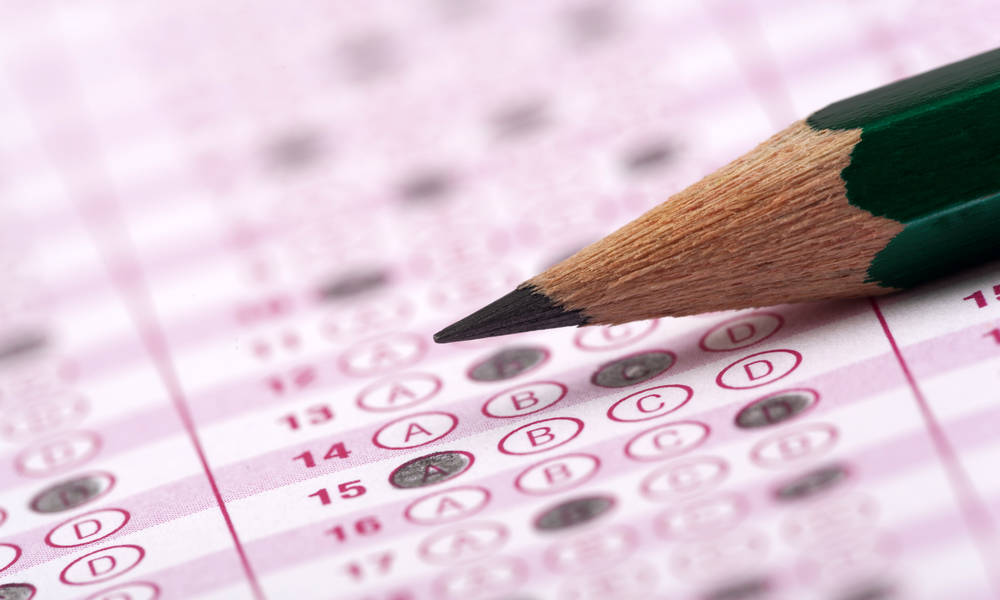
Bar Association Edges Closer to Dropping LSAT Requirement
The American Bar Association is considering a move that would allow law school applicants to apply using another form of testing, such as the GRE, in place of the LSAT. The move has proven controversial in some quarters, but many law schools have already made the move ahead of ABA’s guidance.
With a changing academic culture around law, the American Bar Association might be ready to drop a longtime law school requirement: The LSAT.
Earlier this month, an ABA committee recommended that the association end its requirement tying the LSAT to the law school admissions process. The ABA would be required to approve the rule through its House of Delegates, but if goes through, it would prove a significant change for both law schools and the students who attend.
The move has largely been driven by universities that have dropped the requirement on their own accord, including the University of Arizona and Harvard Law School. According to Law.com, 17 law schools now allow students to take the Graduate Record Exam (GRE) or other alternative tests instead of the LSAT.
Two factors are driving this shift: the fact that the LSAT isn’t administered as often as the GRE, and an overall decline in applications to law schools.
In comments to the Arizona Daily Star, Christopher Robertson, the associate dean of the University of Arizona’s James E. Rogers College of Law, noted that the school dropped its LSAT requirement because the test, which was long administered only quarterly, often meant that even people who had already received advanced degrees in other fields could not easily enter law school.
“We were recognizing more and more that great lawyers can come from different backgrounds,” Robertson told the newspaper.
The ABA’s consideration, however, has not found universal support. The Law School Admission Council (LSAC), which administers the LSAT, noted that a move away from a single standardized test introduced the potential for inconsistencies that could harm students who foot big bills to attend law schools.
“The schools are still going to have to show that any test they use is valid and reliable, and the LSAT has been shown to be,” explained Kellye Testy, the council’s president, in comments to Law.com. “It’s opening the door for schools to think about alternatives, but the value of the test isn’t just to the schools, but to the applicants.”
And in comments to The New York Times, University of Michigan Law School professor Christina B. Whitman, who chairs the LSAC board, emphasized that the LSAT makes the job of admissions boards easier.
Whitman stated: “How else could admissions directors evaluate students, like me, who attended massive state universities?”
The ABA’s decision, if approved by the full body, could lead to law schools across the country following in the footsteps of Harvard and the University of Arizona. Many schools have been waiting for guidance from the association before pulling the trigger.
But not all. Just last week, the University of Georgia School of Law announced it would allow law applicants to forgo the LSAT starting next year—if they’re dual-enrolled in the school.
(basar17/iStock/Getty Images Plus)






Comments